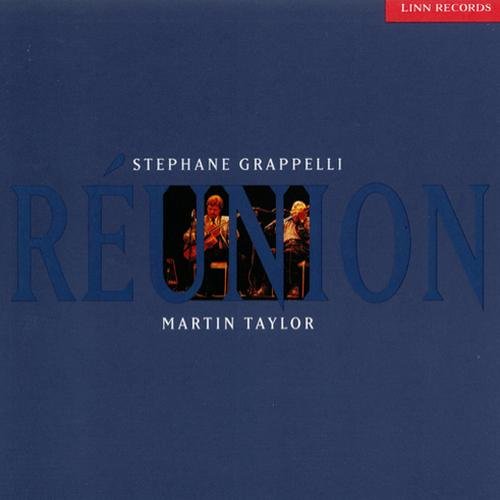Miles Davis Featuring John Coltrane, Sonny Stitt - En Concert avec Europe 1 Olympia (4CD Box Set) (1994)
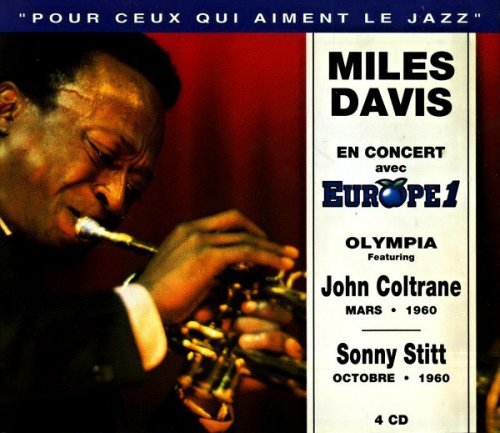
Artist: Miles Davis Featuring John Coltrane, Sonny Stitt
Title: En Concert avec Europe 1 Olympia
Year Of Release: 1994
Label: Trema – 710455
Genre: Hard Bop / Cool Jazz
Quality: FLAC (tracks+.cue,log,scans)
Total Time: 3:24:09
Total Size: 1.2 GB
WebSite: Album Preview
Tracklist:Title: En Concert avec Europe 1 Olympia
Year Of Release: 1994
Label: Trema – 710455
Genre: Hard Bop / Cool Jazz
Quality: FLAC (tracks+.cue,log,scans)
Total Time: 3:24:09
Total Size: 1.2 GB
WebSite: Album Preview
• Disc 1:
01. All Of You (17:06)
02. So What (13:26)
03. On Green Dolphin Street (14:42)
• Disc 2:
01. Walkin' (15:53)
02. Bye Bye Blackbird (13:58)
03. Round About Midnight (5:37)
04. Oleo (4:23)
05. The Theme (0:50)
• Disc 3:
01. Walkin' (11:46)
02. Autumn Leaves (13:13)
03. Four (8:47)
04. Unidentified (5:05)
05. Round About Midnight (5:41)
06. No Blues (14:33)
07. The Theme (0:48)
• Disc 4:
01. Walkin' (9:37)
02. If I Were a Bell (11:59)
03. Fran Dance (7:24)
04. Two Bass Hit (5:50)
05. All of You (13:04)
06. So What (9:27)
07. The Theme (1:01)
Miles Davis - trumpet
John Coltrane - tenor sax [CD # 1, 2]
Sonny Stitt - tenor sax [CD # 3, 4]
Wynton Kelly - piano
Paul Chambers - bass
Jimmy Cobb - drums
In March of 1960, Miles Davis was absolutely incensed at John Coltrane. He was about to go on his first ever European tour, and Coltrane was trying to back out. Trane wrote a note requesting that some kid called WAYNE SHORTER should go on the tour as the saxophonist instead of him. Trane was uncharacteristically angry himself, because he felt going on the tour would waste time he needed to put together his own group - the Classic Quartet. Miles angrily told Coltrane not even to think about backing out - particularly as he had never even heard the name Shorter before. So Coltrane, fuming and sulking, took a plane to France, turning up with a blue suit and a packet of rum flavoured Life Savers. He sulked the whole time he was in Europe, which was not characteristic of him. On 20 March 1960, the Miles Quintet - temporarily reconsituted with Coltrane, Kelly, Chambers and Jones - appeared at the Olympia, Paris. The CD I am reviewing was the result. It was one of Coltrane's, and Miles', most notorious appearances. Perhaps fuelled by his uncharacteristic anger, Coltrane's performance is almost contemptuous in its uncompromising ugliness. It's also one of his most inspired performances. His performances would not be so "far-out" again until 1965. "All of You" is bad enough with its passages entirely in multiphonics, its weird altissimo shrills, and its barking honks. But "Bye Bye Blackbird" takes the cake. About midway into Trane's solo, the air begins to fill with the distinct sound of Gallic boos and hisses, and the occasional contemptuous whistle. Coltrane's style had evolved light years beyond what it had been even when he had recorded Kind of Blue the previous year. The Bye Bye Blackbird performance sometimes seems even to ignore bar lines, simply allowing Coltrane to work off his frustrations in repeated, angry motifs, screeches and honks. When the crowd keeps booing, Coltrane seems to falter at first; then in a sonic "big finger" he begins playing even more fiercely, as if deliberately trying to annoy the audience. When his solo ends, it is hard to tell if those are genuine cheers among the shouts of rage, or whether the crowd is simply relieved it's all over. After the performance Frank Tenot, a French jazz journalist, rushd backstage to find Trane. "Don't you go too far?" he asked in English. Trane smiled gently. "I don't go far enough" he replied. Strangely enough, when COltrane returnd to Paris in 1962, he chose to perform an 18 minute version of Bye Bye Blackbird, twice as long as the controversial one, and even more far out. This time, though, he is simply cheered by the crowd. Another journalist said: "I am glad there was no booing this time." Coltrane replied: "But there were boos this time too - I heard them!" (And in fact if you listen carefully there is a boo - but it's during the piano solo!) The Olympia concert of March 1960 is clearly a historically important recording. No fan of Trane or Miles should be without it (and Miles soloes extremely well too, eg on All of You). You cannot get a performance like this on a studio recording - to use a trite phrase, "you had to have been there". Listening to this fierce recording is as close as we can come now to "being there".
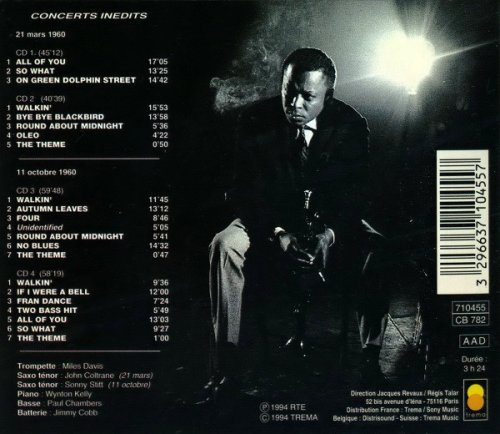
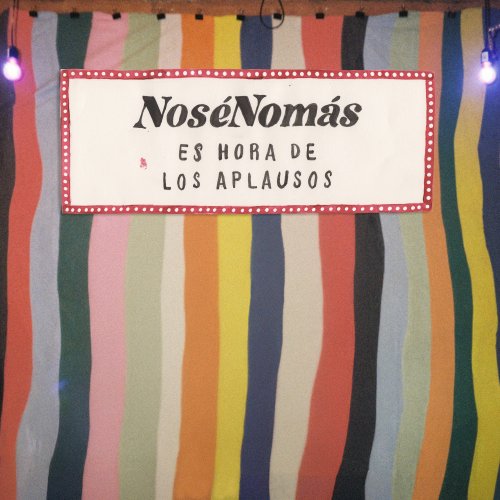

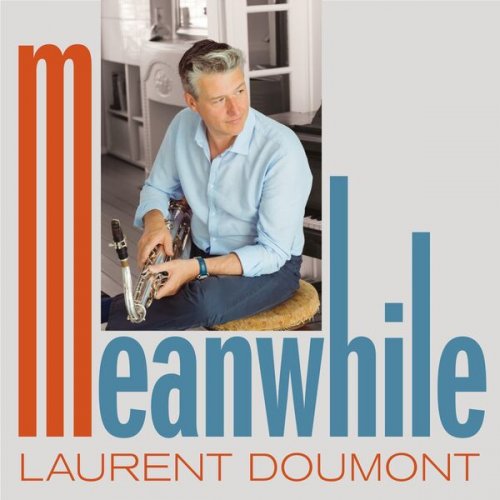
![Julian Lage - Scenes From Above (Japanese Edition Bonus Track) (2026) [SHM-CD] Julian Lage - Scenes From Above (Japanese Edition Bonus Track) (2026) [SHM-CD]](https://www.dibpic.com/uploads/posts/2026-02/1772029332_front.jpg)
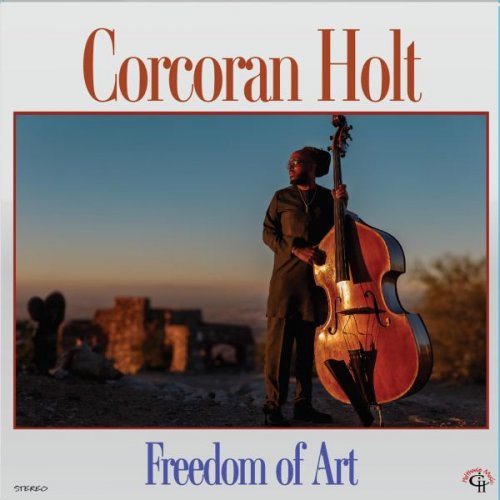
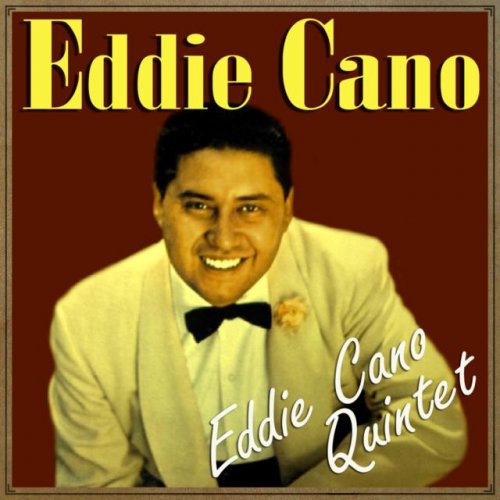
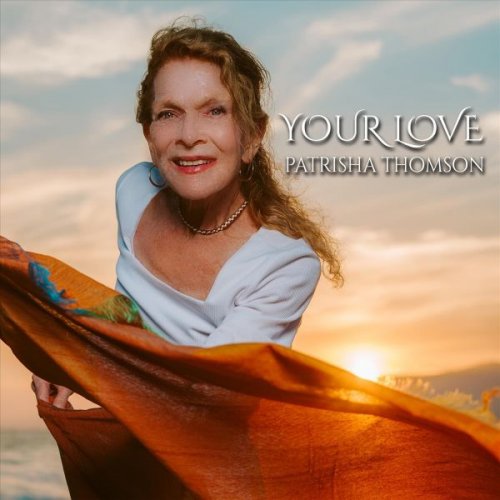
![Mark De Clive-Lowe, Andrea Lombardini and Tommaso Cappellato - Dreamweavers II (2026) [Hi-Res] Mark De Clive-Lowe, Andrea Lombardini and Tommaso Cappellato - Dreamweavers II (2026) [Hi-Res]](https://www.dibpic.com/uploads/posts/2026-02/1772112550_tl3tb7yl8u13z_600.jpg)
